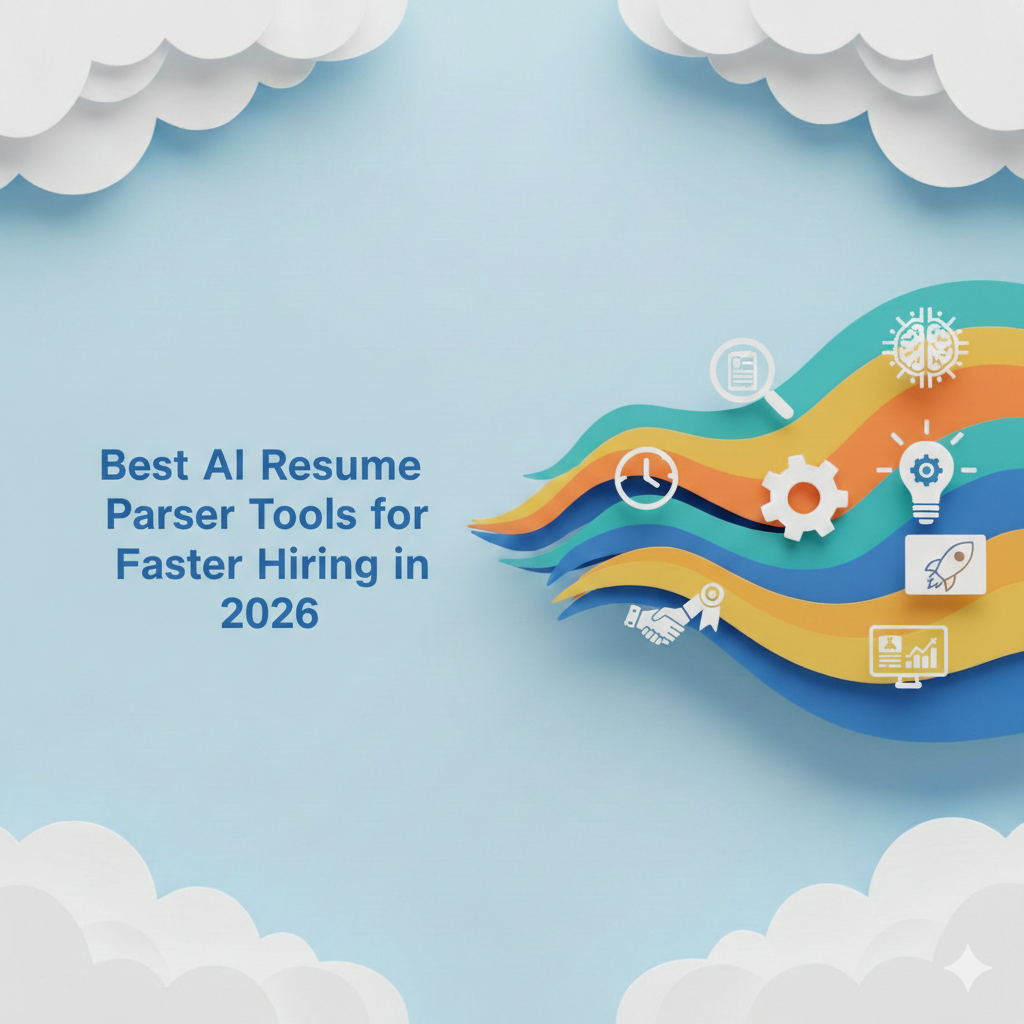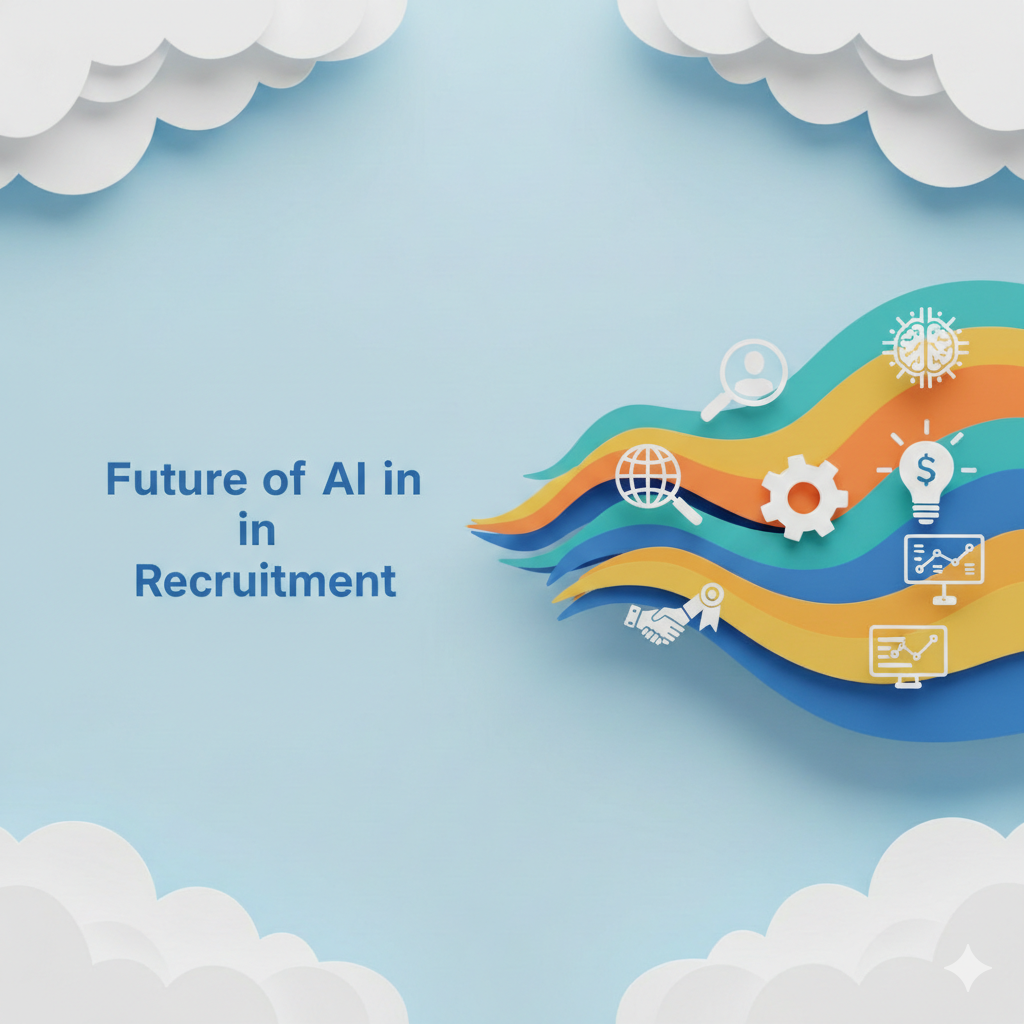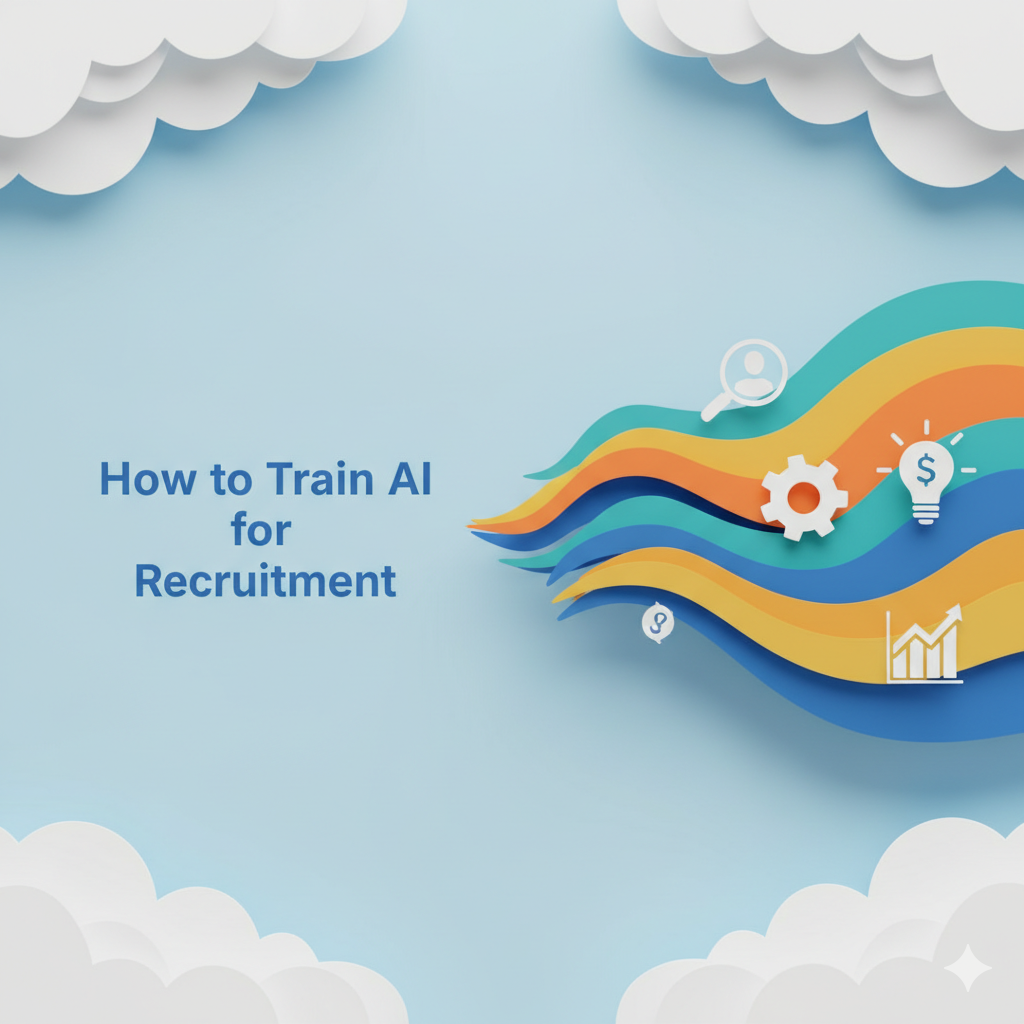Interview Reminders That Work to Help You Stay Confident and On Time

Ever had a great candidate lined up for an interview, only for them to forget or show up late?
It’s frustrating, but often, the problem isn’t interest—it’s timing and communication. The right interview reminders solve this by keeping candidates informed, engaged, and prepared.
The most effective reminders are clear, timely, and sent through multiple channels, such as SMS and email. They feel personal and easy to respond to, and reduce the chances of last-minute cancellations or ghosting.
With HRMLESS, you can automate reminders so you can focus on hiring and not chasing confirmations. The system handles scheduling, follow-ups, and updates, saving time and reducing disruptions.
In this blog, we will talk about:
- Why interview reminders are critical for a smooth hiring process
- The most effective reminder types and best practices for crafting them
- Tools to automate reminders and track their success
Let’s dive in!
The Importance of Interview Reminders
Interview reminders help keep things running smoothly. They lower the chance of missed appointments, show you're professional, and make candidates feel respected and informed.
Reducing No-Shows
No-shows cost you time and slow down hiring.
Sending reminders by email or SMS helps candidates remember their interview date and time.
Automated reminders cut no-show rates nearly in half. When candidates get a quick message confirming details, they will likely appear.
You can also include useful information, such as how to join the interview, parking tips, or what to expect. This helps clarify questions and makes candidates more confident about attending.
Building Professionalism
Reminders show you respect candidates' time and take the process seriously.
A well-timed message speaks to your company's organization and care. When you use clear, polite reminders, candidates see you as a reliable employer. This sets a positive first impression before the interview even starts.
Professional reminders keep your schedule on track and reduce last-minute changes and chaos. AI-driven tools can send messages for you, saving you effort.
Improving Candidate Experience
Candidates appreciate knowing what's coming next; reminders keep them informed and reduce anxiety about the process.
By sharing key details ahead of time, you help candidates feel prepared. This can improve their performance and make the interview smoother for everyone. A good reminder system also lets you quickly follow up if changes happen. You show that you value their time and want to make hiring easy.
With HRMLESS, you can automate this communication. It means faster responses and fewer mix-ups while keeping a personal touch.
Types of Effective Interview Reminders
Using multiple reminder methods improves your chances of the candidate showing up. Each type serves a different purpose, from clear details to quick nudges that keep the interview top of mind.
Email Reminders
Email reminders give candidates a chance to review all the details.
You can include the interview date, time, location, and any documents they need to prepare.
A well-written email should be simple and direct. Use bold text to highlight key info, like the time or interview format. If the candidate has questions, include a contact person and their phone number or email address.
Send the first email reminder 2-3 days before the interview. Follow up with a shorter email the day before.
SMS Reminders
SMS reminders catch candidates where they spend most of their time—on their phones.
Text messages are quick and offer an immediate prompt to confirm attendance. Keep SMS reminders short and to the point. Include the interview time and a direct link to confirm or reschedule. This reduces no-shows because candidates can respond instantly.
Send one SMS 24 hours before the interview, and, if needed, another a few hours prior. SMS works great alongside email for a multi-channel approach.
Calendar Invites
Calendar invites put the interview directly into candidates' daily schedules. This helps prevent double-booking and forgetfulness.
Ensure the invite includes all details: date, time, location (or video call link), and interview type. Set automatic reminders on the calendar for 15 minutes and 1 hour before the event.
Use calendar invites, emails, and SMS to build a strong reminder system matching candidates' habits. Our platform integrates with popular calendar systems to automate sending invites and reminders.
Best Practices for Crafting Interview Reminders
Focus on clear communication, good timing, and relevant details to make interview reminders effective. The goal is to keep candidates informed and ready without overwhelming them. The right tone keeps the process smooth and professional.
Personalizing the Message
When you send an interview reminder, use the candidate's name and mention the job title. This shows you value them as an individual. A simple greeting like, "Hi [Name], just a quick reminder about your interview for the [Job Title] position," makes the message feel personal.
Keep the tone friendly but professional. Avoid generic phrases or too much formality. If possible, mention small details, such as the interviewer's name or the format (phone, video, in person).
Personalization improves response rates and reduces the chance of a no-show.
Timing Your Reminders
Send reminders at the right moments to help candidates prepare and avoid last-minute stress.
A good rule is to send one reminder 24-48 hours before the interview and another a few hours before it starts.
Using automated tools, you can schedule reminders to go out automatically. Don't send reminders too early, which candidates might forget, or too late, which may feel rushed.
Consistent timing keeps everyone on track.
Including Essential Details
Make sure your reminder includes all key information. This should cover:
- Interview date and time (including time zone)
- Location or link to the video call
- Name and role of the interviewer(s)
- Instructions or materials needed
Use bullet points to organize this info for easy reading:
- Date: July 28, 2025
- Time: 10:00 AM (EST)
- Location: Zoom link provided
- Interviewer: Jane Smith, Hiring Manager
- Notes: Have your resume handy
Clear instructions reduce confusion and help candidates show up confident and prepared.
Interview Reminder Templates for Different Scenarios
Even with the right timing and tone, figuring out exactly what to say in an interview reminder can be tricky. The best templates are concise, clear, and easy for candidates to act on. Below is a quick reference table with scenarios, sample messages, and why each one works.
Scenario
Template
Why It Works
First Reminder (2–3 days before)
Hi [Name], this is to confirm your interview for the [Job Title] position on [Date] at [Time]. Please reply YES to confirm.
Confirms attendance early, gives candidates time to prepare.
Same-Day Reminder (Virtual)
Hi [Name], your interview for [Job Title] starts at [Time]. Join here: [Link]. Please log in 5 minutes early to check your setup.
Provides link directly and avoids tech delays.
Same-Day Reminder (In-Person)
Hi [Name], we look forward to meeting you today at [Time]. Our address is [Address]. Parking info: [Details]. Call [Phone] if you need help.
Offers key location details and a contact for emergencies.
Reschedule Confirmation
Hi [Name], your interview for [Job Title] has been rescheduled to [New Date] at [Time]. Please reply to confirm.
Keeps candidates updated and confirms the new time.
Follow-Up After Missed Interview
Hi [Name], we missed you at your scheduled interview today. Would you like to reschedule? Reply YES for available times.
Maintains engagement and gives the candidate a second chance.
Tools and Technology for Sending Reminders
The right tools make interview reminders simple and timely. You can schedule messages, automate follow-ups, and connect reminders to your hiring system. These options save you time and help candidates stay on track.
Scheduling Software
Scheduling software lets you set reminders for interviews ahead of time.
You can pick the date and time to send email or SMS alerts automatically. This reduces mistakes and missed messages.
Most scheduling tools offer calendar syncing, which helps avoid double booking and shows real-time availability. You can customize reminder templates with details like interview time, location, or video links.
Scheduling software means fewer last-minute calls and less confusion. Candidates get clear, consistent communication that keeps them engaged.
Automation Platforms
Automation platforms send reminders based on triggers you set, such as a completed application or interview booking. They handle many candidates quickly and keep communication flowing without your extra effort.
These platforms support multiple channels, like text, email, or app notifications. You can schedule several reminders before the interview, reducing no-shows.
With automation, you spend less time chasing candidates. Tools like HRMLESS use AI to send messages at the best times, increasing reply rates and improving your hiring flow.
ATS Integration
ATS stands for Applicant Tracking System.
Integrating reminders with your ATS lets you manage every step from one place. When you create an interview in the ATS, reminders go out automatically without extra setup.
This connection keeps candidate info up to date. If an interview changes or you cancel it, the reminder adjusts instantly. This stops confusion and prevents "no call, no show" (NCNS) situations.
An ATS integration helps scale your hiring. It keeps all communication organized and transparent for your team, making tracking progress and follow-up easier.
Measuring and Improving Reminder Effectiveness
To get better results from your interview reminders, you need to know how candidates respond and find the right balance for how often you send them. Tracking data and adjusting your approach will help you avoid annoying candidates while keeping them engaged.
Tracking Response Rates
Watch how many candidates reply or take action after each reminder you send. Track responses for reminders like emails, SMS, or automated calls to see what works best.
Use clear metrics such as:
- Open rates for emails
- Click-throughs on scheduling links
- Confirmation or reschedule replies
By comparing these numbers over time, you learn which reminders get the most attention. If response rates drop after specific messages, the reminder might be too early, too late, or poorly worded.
Optimizing Reminder Frequency
Sending too many reminders can annoy candidates and lower response rates. If there are too few candidates, candidates may forget the interview. Test timing and frequency to find the right balance.
Start with a reminder one week before, three days before, and one on the interview day. Adjust based on feedback and response patterns. To respect candidates' time, keep reminders simple and brief. Use multiple channels, but don't overload one method.
Here's a simple test plan you can follow:
Timing
Message Type
Purpose
7 days before
Initial heads-up
3 days before
SMS
Quick reminder
Day of interview
Automated call or SMS
Final check-in
This strategy helps reduce no-shows and keeps candidates informed without overwhelming them. HRMLESS automation features make this easier to manage at scale.
Final Thoughts
Interview reminders aren’t just about keeping candidates on schedule; they’re about creating a professional, respectful, and stress-free hiring experience.
When done right, they reduce no-shows, improve candidate preparedness, and keep your hiring process running smoothly from start to finish. With the right mix of timing, personalization, and automation, you can ensure candidates know exactly when and where to show up—without adding extra work for your team.
Platforms like HRMLESS make this effortless, sending timely, personalized reminders across multiple channels so you can focus on making great hires.
Don’t let missed interviews slow you down. Book your HRMLESS demo today and keep every candidate engaged, confident, and ready to meet.
Frequently Asked Questions
Interview reminders may seem straightforward, but recruiters and candidates often have questions about making them truly effective. Here are some answers to help you design reminders that boost attendance and keep your hiring process running smoothly.
How can I ensure I make a great first impression during an interview?
Dress neatly and arrive on time. Smile and offer a firm handshake if appropriate. Speak clearly and listen carefully to show respect and confidence.
What are some strategies for effectively discussing my background?
Focus on key experiences that match the job. Use simple examples to explain what you did and how it helped your team or company. Keep your answers short and to the point.
Could you suggest ways to stay calm and focused during an interview?
Take deep breaths before you start. Think about the questions rather than worrying about the outcome. Remember, our tools help companies find candidates who fit well, so be yourself.
What should I definitely not do during an interview?
Avoid interrupting or speaking badly about past employers. Don't lie or guess answers. Stay off your phone and avoid fidgeting to keep a professional image.
How can I effectively convey my skills to the interviewer?
Talk about specific skills with examples. Show how you solved problems or improved processes. Use simple language to make your skills clear and easy to understand.
As a student, what should I keep in mind when interviewing for internships?
Be honest about what you know and what you want to learn. Show enthusiasm and a willingness to grow. Prepare questions about the role and company to show you care.
Featured
Subscribe to ournewsletter
Related posts
Explore the world of photography with our curated selection of
portfolio websites that showcase creativity and innovation.




